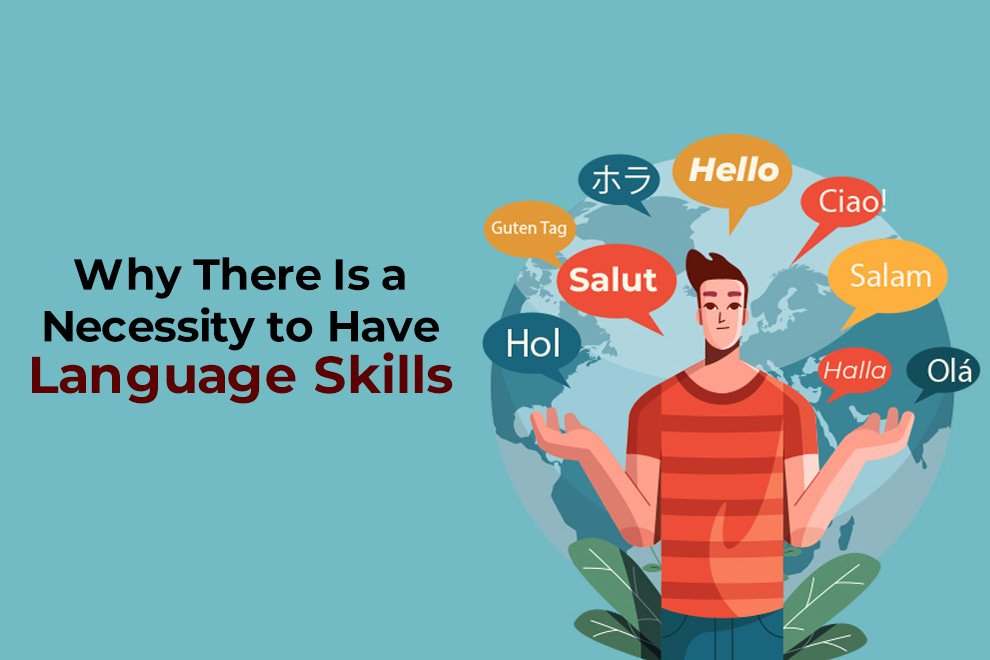The HR environment is shifting faster than ever. With workplaces changing, HR professionals must stay ahead of the curve. The demand for HR Leadership Courses is rising as organisations seek skilled professionals to navigate these changes. Do you want to know the trends in HR now? From technology-driven solutions to employee well-being, the future of HR is about innovation and adaptability. Exploring the Top HR Certifications can give you a competitive edge if you consider upskilling and thriving with the trends. So, what will define HR in 2025? Let us explore the five trends that will reshape the industry.
Table of Contents
- AI and Automation Are Reshaping HR Functions
- Employee-Centric Workplaces Are Becoming the Norm
- DEI Are Driving Business Growth
- Skills-Based Hiring Is Replacing Degree-Based Recruitment
- Hybrid Work Models Are Reshaping Organisational Culture
- Conclusion
1. AI and Automation Are Reshaping HR Functions
AI is changing HR processes at a speed never seen before. Automation is helping HR be more effective in everything from performance management to hiring. Now handling initial candidate screenings, AI-powered chatbots ease HR teams to concentrate on strategic hiring. Workforce planning also depends much on predictive analytics, which enables companies to predict employee turnover and skill gaps.
Because of this change, HR employees must learn new skills to work with AI instead of against it. AI won’t take away HR jobs; instead, it will help them by making boring work easier. This will give HR teams more time to work on leadership growth, workplace culture, and getting employees to work together. Professionals can stay useful in a world driven by AI and make the most of these technological advances by taking HR leadership courses.
2. Employee-Centric Workplaces Are Becoming the Norm
Businesses are beginning to understand that employee happiness directly impacts output and company success and is not only about benefits. HR will concentrate on developing individualised work experiences in 2025 that meet the demands of each employee. This implies that companies will provide individualised learning opportunities, mental health resources, and flexible work schedules.
Real-time feedback technologies will be used more and more by HR professionals to track job satisfaction and employee engagement. Retention rates will be higher for organisations that place a strong priority on professional development, including granting access to Top HR Certifications. Employee loyalty to their companies is increased when they feel appreciated and supported, which lowers turnover expenses. Prioritising people is key to the future of HR.
3. DEI Are Driving Business Growth
Diversity, Equity, and Inclusion or DEI are now corporate imperatives rather than only moral objectives. Organisations will go beyond diversity hiring in 2025 and instead focus on developing inclusive workplace cultures that provide employees from all backgrounds a sense of community.
HR teams will use data analytics to monitor DEI progress and spot inconsistencies in hiring and promotion procedures. Fair hiring practices will be aided by bias-free AI technologies, guaranteeing equal chances for each applicant. Professionals enrolling in HR Leadership Courses will learn how to promote inclusivity and use a diverse workforce to propel corporate success. Employee morale, creativity, and general performance will all improve for businesses that aggressively adopt DEI.
4. Skills-Based Hiring Is Replacing Degree-Based Recruitment
The conventional emphasis on degrees is giving way to a skills-first strategy. Practical skills are becoming more and more valued by employers above academic credentials. As a result, job descriptions are being revised to emphasise competencies over academic credentials alone.
Companies use skill-based exams, AI-driven screening systems, and micro-credentials rather than university degrees to find the proper personnel. Employers and employees benefit from this shift since professionals can demonstrate their skills with industry-recognised training and Top HR Certifications. HR departments must adjust by creating hiring practices that accurately assess talents to select applicants who fit the position well.
5. Hybrid Work Models Are Reshaping Organisational Culture
The pandemic permanently altered our working methods, and hybrid work is here to stay. Businesses will completely implement hybrid models that balance in-person and virtual collaboration in 2025. HR specialists will concentrate on rules that sustain engagement and productivity in a scattered workforce, while businesses will invest in digital tools to improve teamwork.
Making sure that the workplace culture stays the same when people are working from home will be a big task. HR leaders must develop creative ways to get people to connect, like virtual team-building activities or places where people can work together differently. By learning how to effectively manage hybrid teams, professionals enrolled in HR Leadership Courses will be able to ensure equity in career advancement chances and performance reviews. Businesses that adopt this change will have an advantage in attracting and keeping talent.
Conclusion
Adaptability is key to the future of HR. HR departments must change, whether adopting AI, putting the employee experience first, or encouraging inclusion. To remain competitive, professionals hoping to progress in their jobs should investigate Top HR Certifications. The secret to success in a changing field is constant learning. Oakwood International provides valuable courses that help professionals stay updated.
Also Read: 11 Top HRIS Certifications to Boost Your HR Career in 2025










